History of the Parish Council
The Parish Council was formed in 1894. Prior to this in an old minute book there are records of Rate Payers Meetings dating from 1883. Interesting entries include:-
That the Sandhole in this Township near Mr. Issac Goodwin’s be entrusted to the care of the Way warden who is authorised to do whatever he may judge necessary to preserve it for the use of the Township and for the private use of rate payers only (John Venables was Chairman).
The next meeting was on 22nd March at the Three Greyhounds when two Overseers of the Poor were appointed and George Slater was appointed Way warden and Guardian (George Slater lived at Hulme Mill and wrote “Slater’s Chronicles”.) Another meeting resolved to sell the Sandhole to Sir Charles Shakerley for £25.
In 1884 William Witter was Chairman
By 1891 most meetings were held at the Drovers Arms. George Hill had become chairman and in 1894 there is the first mention of a Parish Council.
In 1895 there was much discussion of the Charities for the Poor in the township of Allostock and trustees were appointed. Also it was decided to pay one guinea to join the Parish Council Association. Later that year an entry reads The Clerk to write to Mr. S. Harrop and ask him not to put any more rubbish on the road by his house" !
Accounts were audited in the Minute Book 1896. From this time on the Parish Council took an interest in practical matters. There is a request for a handrail to be put on the plank over Bradshaw Brook at the end of Dams Lane and a rail along the Sand hole on London Road and Axon's Smithy Road (now Wash Lane) as it is very dangerous to the public!". There was also a request to the Rural District Council to repair the foot path on Dams Lane and the gate to the Sandhole was to be locked to stop people from carting sand into other townships". The Clerk was to see this was done !
In 1899 meetings moved to the Wesleyan School Room (Bradshaw Brook Chapel) The next few years also mention meetings in Bradshaw Brook House and Cottage and the Allostock School Room.
In 1901 "The Parish Council and inhabitants of Allostock subscribed the sum of E34.6 towards the County Memorial Fund of the late Queen Victoria" More
In 1902 Coronation expenses were discussed and some members joined the Coronation Committee at Lower Peover. Foot paths and stiles continued to be of concern. Stiles were “inconvenient to get over” and should be replaced by “hatches”. Abraham Hulse from Wheelwright’s Farm in Wash Lane was paid for these improvements. Road repairs were now firmly with the Rural District Council.
The duties of the Assistant Overseer at a salary of £20 in 1904 “were to make out and collect all the rates levied in the Parish and to attend the Audit with the accounts and to attend all meetings and to perform such duties as the Council may direct”! “A list should be drawn up to do Parish Carting in rotation when the order is given for carting” suggests carting was sometimes an imposition, not welcome at busy times.
As early as 1906 it was agreed that “Caution signals to motorists and cyclists be placed at Brook House Farm, London Road and Wash Lane Farm Middlewich Road”.
In 1908 another problem with the roads arose when the County Council said it would undertake the laying of dust on the main road in the parish if the Parish Council would pay two thirds of the cost. The sharp reply was “The Parish Council objects to paying anything towards the cost of laying dust on main roads!”
Old Minutes
1884 and 1885. At the back of the old minute book payment for “Drawing Stones” are listed and the money paid to carriers. There was “broken stone” and “lump stone” and roads mentioned are Booth Bed, Middlewich Road, Hulme and Bakers Lane, ‘near’ the Three Greyhounds, London Road and Macclesfield Road. Stone was carried from Broken Cross, Middlewich and Holmes Chapel.
The carriers were paid to cart stone to the road on which they lived: William Carter and three others were to carry 50 tonnes of stone from Holmes Chapel to London Road. Carter was paid £1.7.6.
In 1894 there was an election in which 8 Parish Councilors were appointed (in the Allostock School Room).
The first councilors were:
Charles Brocklehurst
John Carter
Thomas Carter
Richard Goodwin
George W Hill
Samuel Hall
George Leech
James Seddon
The Council was to use the Union Bank at Northwich and George Littler was to act as Clerk at a salary of £15 a year.
In 1903 the last voluntary contribution of £10 to Allostock School (paid by the rate payers) was agreed. There were applications for £5 for apprenticeships, one to a boot and shoemaker, another to a dressmaker and another to a tailor and draper in Holmes Chapel. These were paid out of the Ann Shakerley Charity which dates from a will in 1726.
In 1906 the Parish Council bought drain cleaning rods for any householder to borrow but by 1912 more were purchased and a charge of 6d the first day and 3d for each successive day was to be made and “users must pay 1/6d for each lost or broken rod”.
